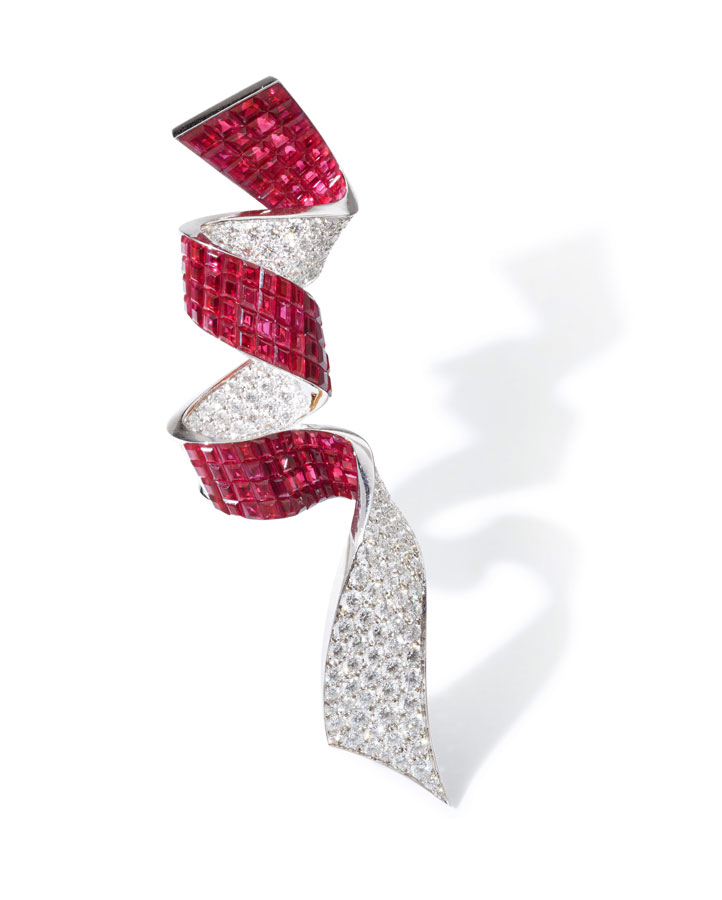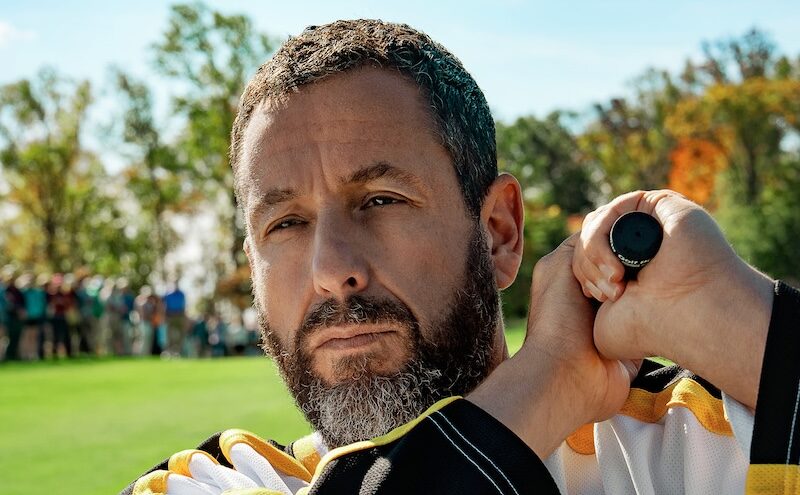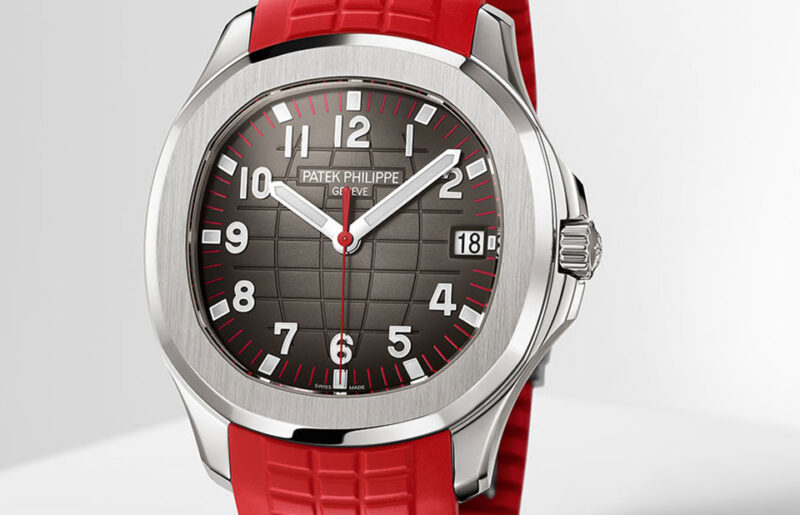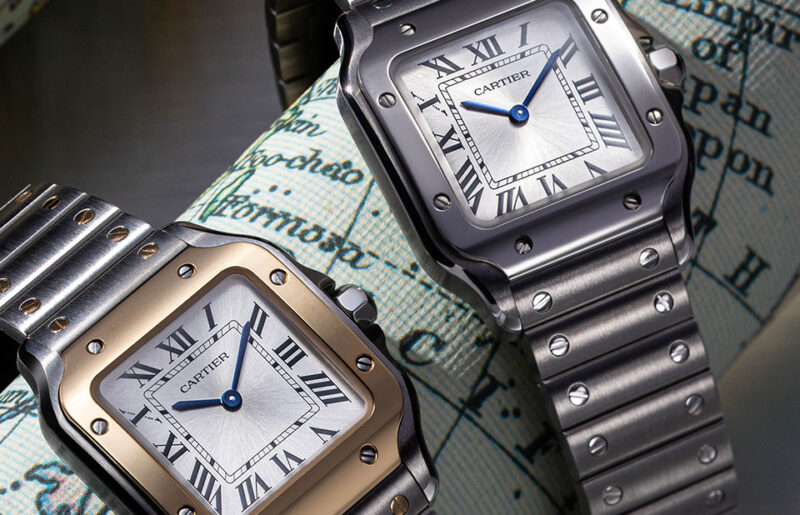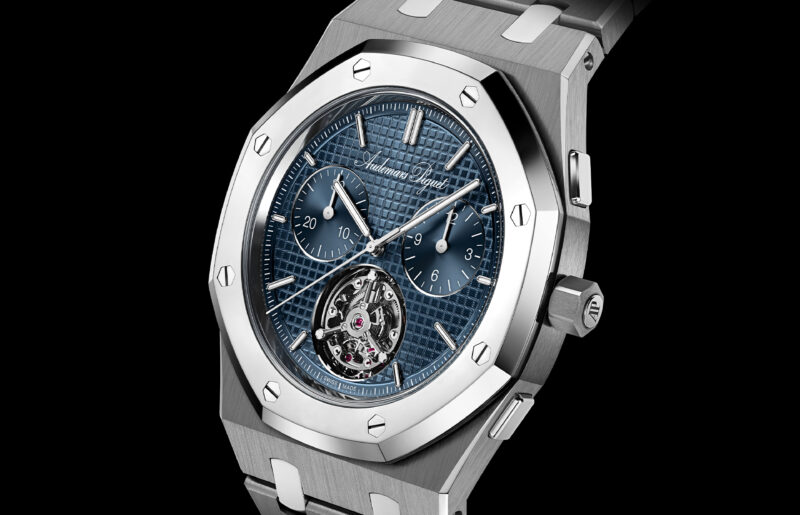Frank Everett of Sotheby’s New York discusses the one jewelry piece all men should own today
Interviews
Frank Everett of Sotheby’s New York discusses the one jewelry piece all men should own today
Frank Everett believes that there is no better moment than now for men to really embrace high jewelry. “Especially in the last 10 years, we are really quickly moving toward not calling it men’s jewelry at all. It’s all just jewelry. Jewelry really is for everyone, and what is so exciting to me is to see men especially moving away from the conventional pieces. The heavy curb-link bracelets, chains, basic things, with diamonds or without. We’re just starting to see men wear all kinds of things.”
He credits this burgeoning trend to a few tipping points, starting from the moment Pharrell began embracing Chanel pearl necklaces to when Dwyane Wade wore a suite of Tiffany & Co. high jewelry at the Met Gala. In the latter case, however, it wasn’t so much that the American basketball star was wearing high jewelry per se, but that those specific pieces would have traditionally been paired with a very feminine style. Very much like how rapper SAINt JHN pulled off a Van Cleef & Arpels Alhambra 10-motif necklace by embracing the striking juxtaposition between a super-feminine aesthetic with a rockstar attitude.
“Basically, for men, women, everyone, we are often reliant on examples. We still want to see our entertainers and our celebrities and our sports figures sharing their looks. Those are the people that have led the way for men to feel comfortable wearing all kinds of jewelry,” says Everett.
This and a rapidly growing male audience among Sotheby’s jewelry clients let Everett to the idea of curating a jewelry exhibition exclusively for men. In November 2023, the auction house staged For The Boys (see accompanying photo spread), a first-of-its-kind showcase dedicated to the evolution of men’s jewelry from the mid-19th century to the present day. Comprising approximately 100 pieces, For The Boys included antique and vintage designs from the distinguished houses of Van Cleef & Arpels, Cartier, Tiffany & Co., Verdura, David Webb and more, all the way up to modern and contemporary pieces from Chrome Hearts, NN by Nghi, Johnny Nelson, David Yurman and Shaun Leane.
“I have to say it does generally follow a trend,” says Everett. “What I love about this moment that we’re in, is the brooches that we’re seeing on the red carpet. It started a few years ago. I can remember the Oscars, maybe, I don’t know, not that long ago, six or seven years ago, Timothée Chalamet wore a vintage Cartier brooch with a Prada tracksuit? Yes, that was really a big deal.”
From that point, every male celebrity at every red-carpet event was switching out pocket squares for lapel jewelry. And why not? Jewelry has the ability to express so much more artfulness, craftsmanship, glamor and personality, not to mention the intrinsic value of the pieces sculpted in gold and precious stones. Seeing how well brooches wear against a finely tailored suit, it can’t be too long before the luxury consumer cottons on.
Everett agrees: “Now we see it trickling down. I go to events and I see men wearing brooches. Five years ago, I did not see men wearing brooches. I was seeing them on the red carpet. I was seeing celebrities, but now they’re everywhere. I love it, and I think it’s a great market for brooches, partially because women’s fabrics in fashion don’t generally have the body to support brooches, but men’s do.”
Returning swiftly to the spotlight, brooches were once regarded as “old lady jewelry” even among women. But brooches are much more multifaceted than one might think, running the gamut from classic florals, insects and animals to geometric shapes, filigreed designs and abstract symbols.
Then there are lapel pins, bar pins, jabot pins as well as double clips, all of which offer multi-wear options. Art Deco-styled brooches are particularly well suited for men. “That’s one of the great beauties of a brooch,” adds Everett. “It’s really a sculpture in precious metals and gemstones. It does not have to fit a wrist or dangle from an ear, or around the neck. It’s just a sculpture, and I think it’s the truest art form for the jeweler.”
Browse the latest Sotheby’s jewelry sales









